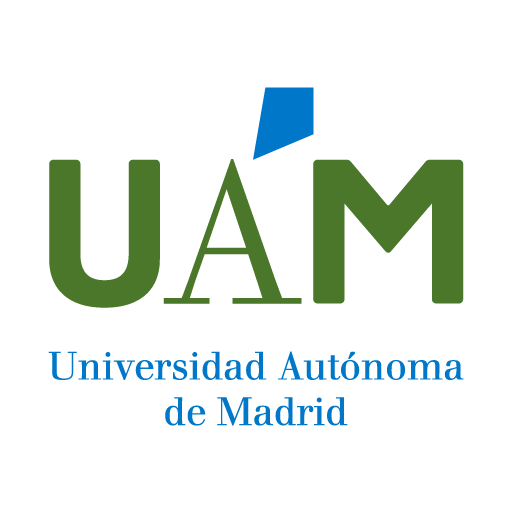
Indexed in
License and use
Analysis of institutional authors
Teresa Gonzalez-Gil, MariaCorresponding AuthorGonzalez-Blazquez, CristinaAuthorIsabel Parro-Moreno, AnaAuthorPedraz-Marcos, AzucenaAuthorPalmar-Santos, AnaAuthorOtero-Garcia, LauraAuthorVictoria Navarta-Sanchez, MariaAuthorTeresa Alcolea-Cosin, MariaAuthorArgüello-López MtAuthorElena Carrillo-Camacho, MariaAuthorLourdes Casillas-Santana, MariaAuthorLuisa Diaz-Martinez, MariaAuthorGarcía-González, AsunciónAuthorGarcía-Perea, EvaAuthorMartínez-Marcos, MercedesAuthorLuisa Martinez-Martin, MariaAuthorOter-Quintana, CristinaAuthorNurses' perceptions and demands regarding COVID-19 care delivery in critical care units and hospital emergency services
Publicated to:Intensive and Critical Care Nursing. 62 102966- - 2021-02-01 62(), DOI: 10.1016/j.iccn.2020.102966
Authors: Teresa Gonzalez-Gil, Maria; Gonzalez-Blazquez, Cristina; Isabel Parro-Moreno, Ana; Pedraz-Marcos, Azucena; Palmar-Santos, Ana; Otero-Garcia, Laura; Victoria Navarta-Sanchez, Maria; Teresa Alcolea-Cosin, Maria; Argueello-Lopez, Maria Teresa; Canalejas-Perez, Coro; Elena Carrillo-Camacho, Maria; Lourdes Casillas-Santana, Maria; Luisa Diaz-Martinez, Maria; Garcia-Gonzalez, Asuncion; Garcia-Perea, Eva; Martinez-Marcos, Mercedes; Luisa Martinez-Martin, Maria; Del Pilar Palazuelos-Puerta, Maria; Sellan-Soto, Carmen; Oter-Quintana, Cristina
Affiliations
Abstract
Background: The COVID-19 pandemic is a public health challenge that puts health systems in a highly vulnerable situation. Nurses in critical care units (CCUs) and hospital emergency services (HESs) have provided care to patients with COVID-19 under pressure and uncertainty. Objective: To identify needs related to safety, organisation, decision-making, communication and psychosocio-emotional needs perceived by critical care and emergency nurses in the region of Madrid, Spain, during the acute phase of the epidemic crisis. Methods: This is a cross-sectional study (the first phase of a mixed methods study) with critical care and emergency nurses from 26 public hospitals in Madrid using an online questionnaire. Results: The response rate was 557, with 37.5% reporting working with the fear of becoming infected and its consequences, 28.2% reported elevated workloads, high patient-nurse ratios and shifts that did not allow them to disconnect or rest, while taking on more responsibilities when managing patients with COVID-19 (23.9%). They also reported deficiencies in communication with middle management (21.2%), inability to provide psycho-social care to patients and families and being emotionally exhausted (53.5%), with difficulty in venting emotions (44.9%). Conclusions: Critical care and emegency nurses may be categorised as a vulnerable population. It is thus necessary to delve deeper into further aspects of their experiences of the pandemic. (C) 2020 Elsevier Ltd. All rights reserved.
Keywords
Quality index
Bibliometric impact. Analysis of the contribution and dissemination channel
From a relative perspective, and based on the normalized impact indicator calculated from the Field Citation Ratio (FCR) of the Dimensions source, it yields a value of: 67.18, which indicates that, compared to works in the same discipline and in the same year of publication, it ranks as a work cited above average. (source consulted: Dimensions Jun 2025)
Specifically, and according to different indexing agencies, this work has accumulated citations as of 2025-06-24, the following number of citations:
- WoS: 157
- Scopus: 173
- Europe PMC: 102
- OpenCitations: 165
Impact and social visibility
Leadership analysis of institutional authors
There is a significant leadership presence as some of the institution’s authors appear as the first or last signer, detailed as follows: First Author (GONZALEZ GIL, MARIA TERESA) and Last Author (OTER QUINTANA, CRISTINA).
the author responsible for correspondence tasks has been GONZALEZ GIL, MARIA TERESA.



